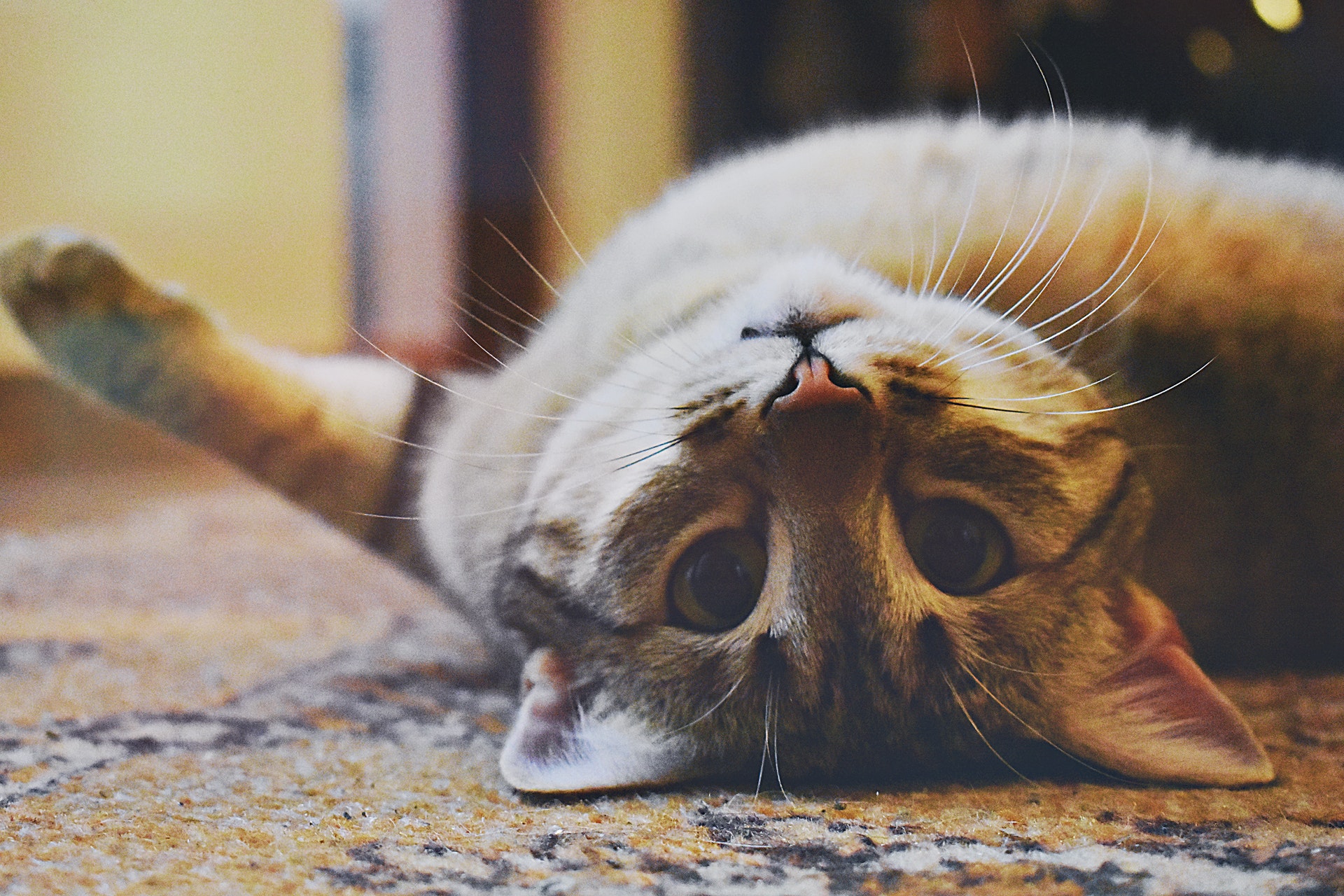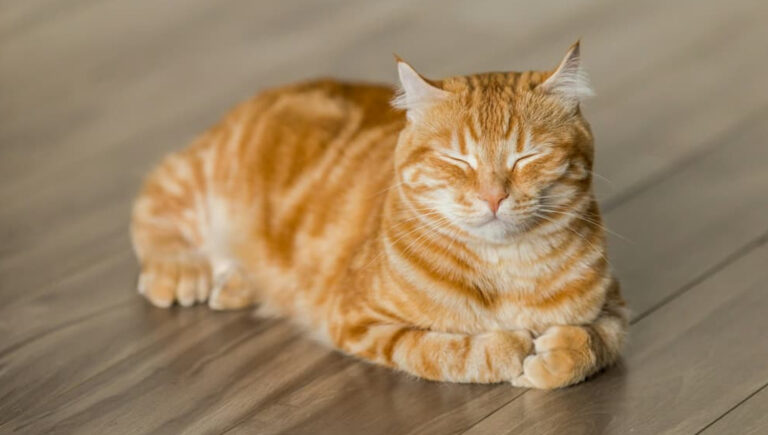You probably love cats just as much as we all do here Johnsons, but it takes more than love to keep pets healthy, particularly animals as independent as the typical cat.
Apart from more serious conditions, it is the very lifestyle of the cat that can leave it susceptible to the perennial problems of fleas and worms, both of which can become serious if not treated appropriately.
A common infection
Worms in cats and kittens are very common and although it may sound concerning at first, usually they do not carry any serious consequences and are easily treatable.
It’s important to regularly treat pets with deworming medication, as most infected cats won’t display symptoms unless they are heavily burdened with worms.
If your pet is suffering from a more serious infection then symptoms can include sickness, diarrhoea, weight loss, weakness and a loss of energy, so it is crucial that you’re proactive in preventing the condition from developing.
There is also a risk that untreated infections can be passed on to humans and cause serious disease, so don’t delay getting the correct medication if your pet requires it.
Common types of worm in the UK
The most common types of parasitic worm found in cats in the UK are roundworms and tapeworms, each of which can be spread in their own way.
Occurring in cats of all ages throughout the world, intestinal roundworms are the most common parasites, with the Toxocara Cati and Toxascaris Leonina two of the most common types.
Tapeworms, as the name implies, are long flat worms composed of many segments, some of which contain eggs, that once ingested can cause infection.
Regardless of what type of infection it may be, successful treatment relies on your ability to spot the symptoms early and treat your cat accordingly.
Treating the symptoms
For many owners the thought of the cat they share their home with being infected with any parasite can be worrying, with many seeking an appointment with the vet to address the problem.
Whilst never a bad course of action, the common occurrence of worms means that it is now a problem that can be resolved without an expensive and time-consuming visit to the vet, who can be left to focus their expertise on more serious pet health issues.
Worming tablets available in pet shops offer an inexpensive and effective alternative that allow owners to treat their cat regularly, in the comfort of their own home.
There is little difference between these over-the-counter products and those used by vets, all of which have had to undergo the same strict regulatory approval process, managed by the UK’s independent regulator, the Veterinary Medicines Directorate.
Johnson’s One Dose Wormer is an example of one such cat medication, responsible for killing roundworm and tapeworm in cats and kittens over six weeks of age.
Simple to administer, our veterinary strength worm control tablets are small, film coated and meaty-flavoured to ensure the problem of worms is quickly resolved, without too much cat consternation – if you know what we mean; we know you do!
Finding an affordable treatment
When it comes to worm control for your cats, it’s important to remain proactive and treat them regularly to avoid the risk of a serious infection; familiarise yourself with symptoms in case any infection worsens.
But above all remember, worms and cats go together like peaches and cream. They are a fact of feline life and need to be treated with respect, but not panic.
If you’re not already treating your cat regularly for worms, then we suggest you pop in to your local pet shop / pet store and start today. You know it makes sense and for the cost of a toy, you can keep your beloved companion healthy and worm free.





